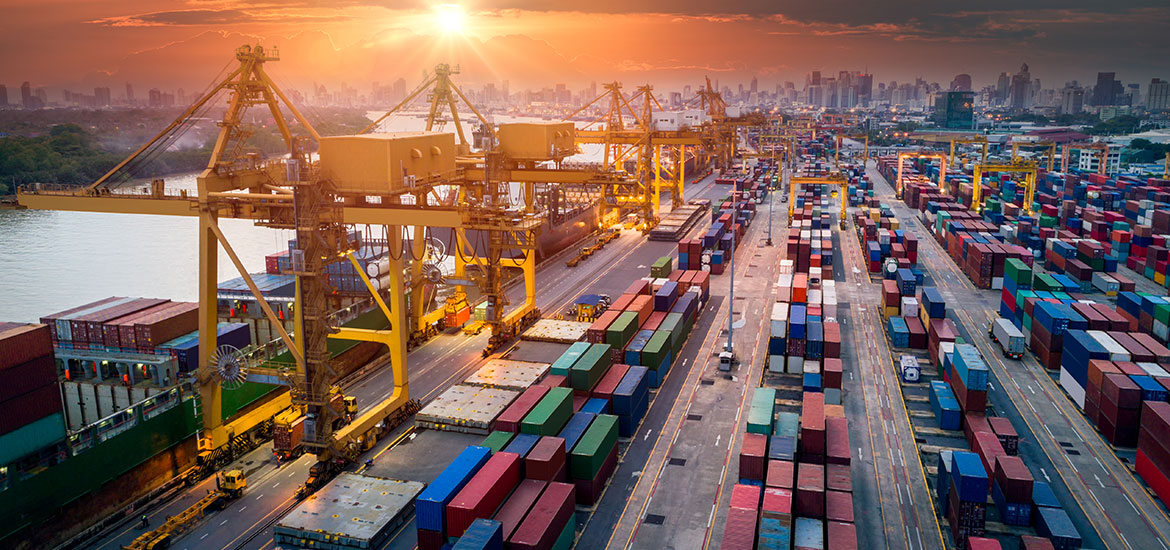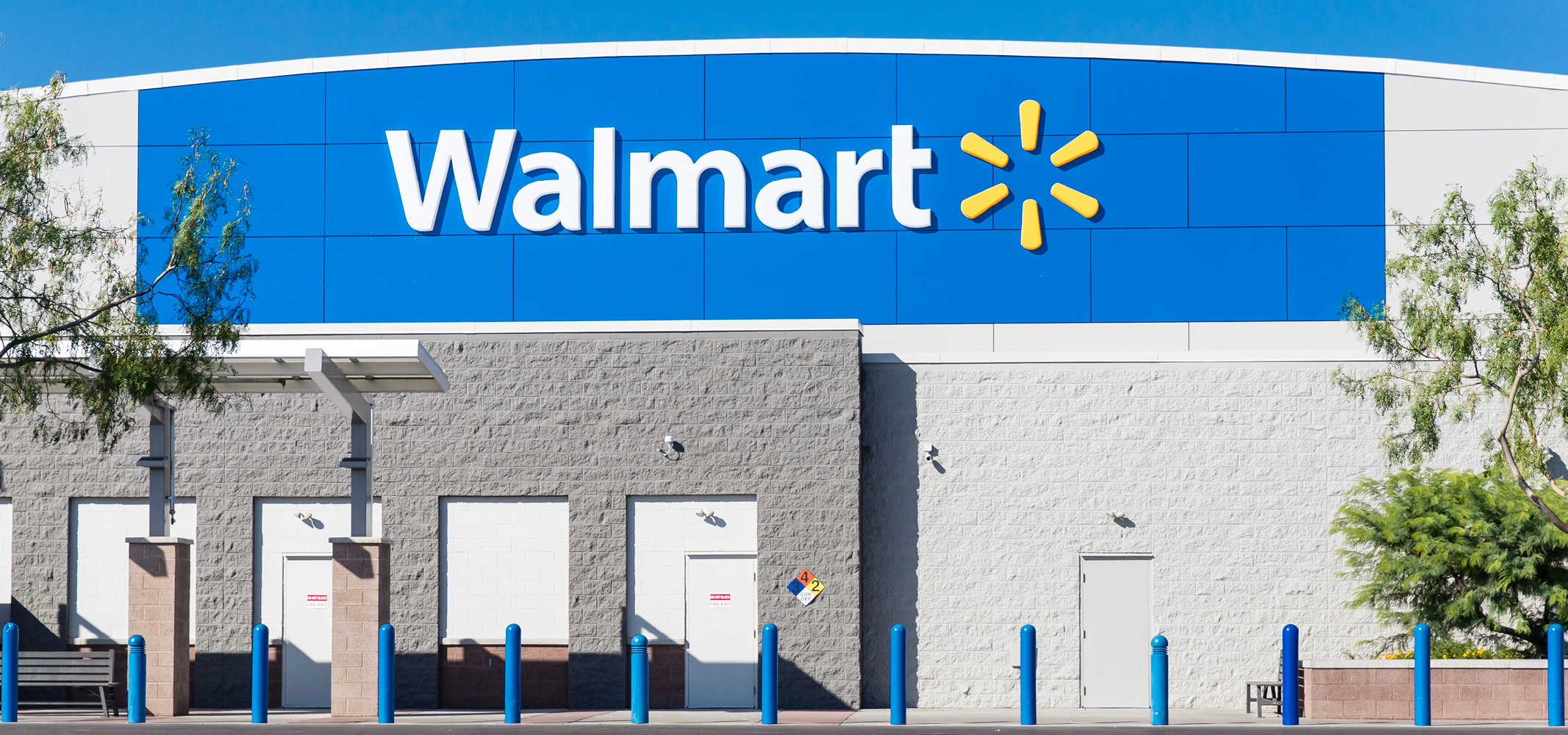The effects of the coronavirus on the global value chain could be mitigated with decentralized technology. The coronavirus pandemic affects not only people but also supply chains. Goods currently have greater freedom of movement than people, but this is of little help if a link in the chain has to close due to a corona incident. The World Economic Forum (WEF) has addressed the corona-related threat to global supply chains and calls for block-chain-based solutions.
Many companies still struggle with the digitalization of their supply chains. The conversion of existing systems is associated with costs which in many places are higher than the promised efficiency gain is considered to be. With COVID-19 this could change now:
The COVID-19 safeguards have made it clear that operations that depend on physical goods such as paper can be seriously disrupted if a physical presence is not possible. Wet signatures and paper printouts are usually processed by operations personnel, who have to come to the office or another workstation and coordinate with others – Rebecca Liao and Ziyang Fan, WEF
A decisive advantage of a digitized supply chain is the facilitated troubleshooting in the value chain. Those who have taken the digital path at an early stage can better meet the logistical challenges of Corona. The transparency of the block chain is a problem for companies. Making the value chain on a public block chain such as Bitcoin visible to everyone is prohibited for obvious reasons.
For this reason, there are block chain solutions such as the Linuxfoundation’s Hyperledger platform that are specially tailored to the needs of companies and have restricted access. A technical framework environment that guarantees a flexible level of privacy. Only authorized parties have access to data.
In the supply chain, block chain technology is intended to create not only trust and transparency, but also new economic incentives. This could be done, for example, by formulating specific conditions for the financing of a supply chain.
We are curious to see how many companies will digitalize their business after the pandemic.










Leave A Comment
You must be logged in to post a comment.